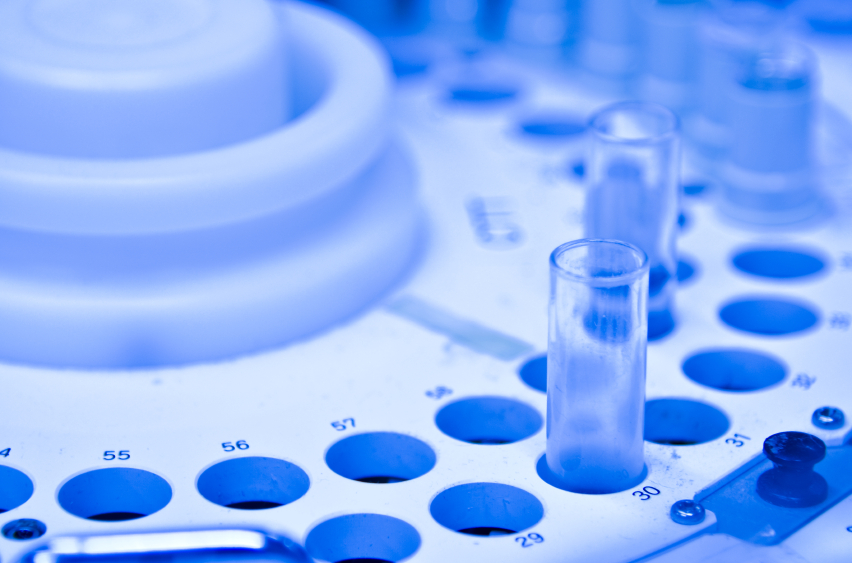 |
Facts
Duration: 1 semester
Period: Spring (2) Semester
Credits: 3 ECTS
Contact Hours: 36
Self-study: 72
Hours: 108
|
Main Objectives
- to study the basic aspects of the human resource management;
- to study principles, methods and mechanisms of human resource management;
- to study the modern staff technologies;
- to study the specificityof formation of staff policy.
Learning Outcomes
Formation of competence:
а) intercultural:
- the ability to develop cultural and professional level independently and to master new methods of research;
- the ability to get and use new knowledge independently.
b) professional:
- the ability to develop and construct protocols for HPLC separations;
- receiving of professional skills in HPLC operation;
- ability to organize and manage an HPLC laboratory.
Professor
Victor Khasanov
Course annotation
|
Course unit code |
Specialization 04.03.01 – Chemistry |
||||||
|
Course unit title |
Basics of High-Performance Liquid Chromatography (HPLC) |
||||||
|
Name(s), surname(s) and title of lecturer(s) |
Victor Khasanov |
||||||
|
Level of course |
Master |
||||||
|
Semester |
2 |
||||||
|
ECTS credits |
3 |
||||||
|
Working hours |
Contact hours |
36 |
|||||
|
lectures |
18 |
||||||
|
seminars |
18 |
||||||
|
practical classes |
|||||||
|
laboratory classes |
|||||||
|
consultations |
|||||||
|
Independent work |
72 |
||||||
|
Total |
108 |
||||||
|
Work placement |
none |
||||||
|
Language of instruction |
English |
||||||
|
Prerequisites |
Inorganic Chemistry, Organic Chemistry, Physical Chemistry, Analytical Ch. |
||||||
|
Objectives of the course |
Learning outcomes |
A student’s assessments methods |
|||||
|
aims: -to study the basic aspects of the human resource management; - to study principles, methods and mechanisms of human resource management; - to study the modern staff technologies; - to study the specificityof formation of staff policy |
Formation of competence: а) intercultural: - the ability to develop cultural and professional level independently and to master new methods of research; - the ability to get and use new knowledge independently. b) professional: - the ability to develop and construct protocols for HPLC separations; - receiving of professional skills in HPLC operation; - ability to organize and manage an HPLC laboratory |
Presentations, tests and written exam. |
|||||
|
Teaching methods |
Lectures, group work, delivery of individual presentations, independent study of literature, case studies, role plays, brainstorming. |
||||||
|
Course unit content |
Title |
Lecturers (hours) |
Self-study (hours) |
||||
|
Theoretical aspects of liquid chromatography and history |
2 |
2 |
|||||
|
modern variations of HPLC |
4 |
6 |
|||||
|
Apparatus for HPLC technique, main components |
6 |
6 |
|||||
|
Types of detecting system |
4 |
4 |
|||||
|
Types of column packings |
4 |
6 |
|||||
|
Modes of HPLC separation 1: RP-HPLC |
4 |
6 |
|||||
|
Modes of HPLC separation 2: normal-phase and other HPLC versions (ion-exchange, gel-permeation, etc.) |
4 |
16 |
|||||
|
Samples and separation media preparation |
4 |
12 |
|||||
|
HPLC lab accessories and equipment |
4 |
16 |
|||||
|
36 |
72 |
||||||
|
Assessment requirements |
Student’s skills in this subject will be evaluated by means of presentations in the seminars, written tests and final examination. |
||||||
|
Assessment criteria |
The assessment of the presented works is carried out by the following criteria: – compliance of the contents to a subject; – existence of logical communication of stated information; – compliance of registration to requirements; – accuracy and literacy of a statement; – work is handed over in time. |
||||||
|
The composition of final accumulative mark |
Final accumulative mark consists of: 2 tests –15 % each, individual assignment – 20 %, exam – 50 % |
||||||
|
Course outline arranged by |
|||||||
.png)